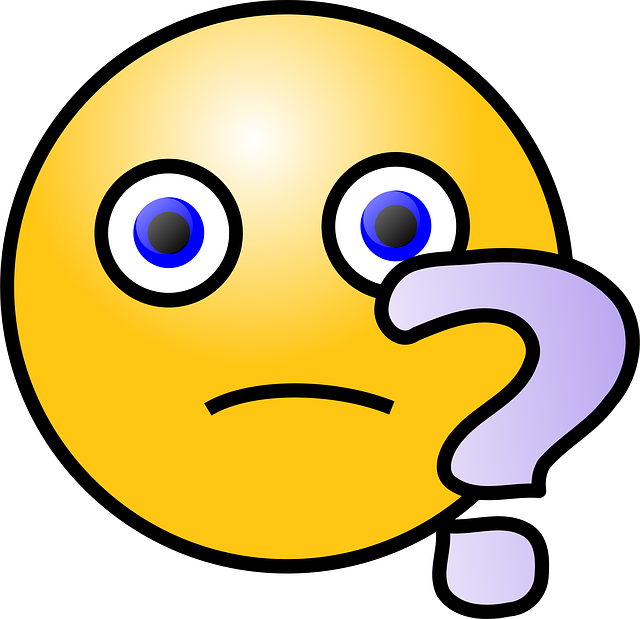Hello everyone!
Today’s comic is Family Circus featuring Dolly and Jeffy.
COMIC BREAKDOWN
“Remember, Jeffy.
If the dodge ball hits you, you’ll be illuminated.”
– Dolly explaining the game of Dodge Ball to Jeffy.
What is wrong with
this sentence?
Dotty said, “you’ll be illuminated”. She used the
wrong word; she meant “eliminate”. The two words “illuminate” and “eliminate” sound
similar which is why she confused them but they are not homonyms.
Homonyms are words that sound the same or are spelled the
same but have a different meaning.
The words illuminate and eliminate are not spelled the
same, they do not sound the same, and they do not have the same meaning.
Illuminate vs
Eliminate
Pronouncing
Illuminate and Eliminate
Illuminate = Ill – lu –
min – ate
Eliminate = E – li – min –
ate
What do they mean?
The word “illuminate”
means to shine light on something physically or metaphorically as a way to
explain something.
Physical:
Please illuminate this room by turning on the lights.
Metaphorically:
Please illuminate me by explaining what is happening.
The word “eliminate”
means to take something out or to get rid of.
Mixing up “illuminate” with “eliminate” is an example of malapropism.
What is
Malapropism?
Malapropism is
when one word is used in the place of a similar sounding word by accident
because the user has confused the two words.
A malapropism can cause confusion and humour when used
depending on the context.
Example –
Literally vs Literary
Malapropism –
I was literary ready to quit my job.
Correct Word –
I was literally ready to quit my
job.
Children use a lot of malapropism because they are still
learning how to speak. Even many adults,
native and fluent English speakers included, will use malapropisms without
realizing it.
What is Dodge
Ball?
Dodge Ball is a game that can be played in groups or
teams. The simple goal of the game is to
take out the other team or the targeted people in the game by throwing a bouncy
ball at them. The other team or the
targeted players literally have to dodge (miss) the ball to stay in the
game.
You win by either eliminating the other team completely
or by taking out the targeted players of the game.
What did Dolly
mean?
Dolly said, “Remember, Jeffy. If the dodge ball hits you, you’ll be illuminated.”
What Dolly meant to say was, “Remember, Jeffy. If the dodge ball hits you, you’ll be eliminated.”
Dolly’s explanation of the game Dodge Ball was an example
of malapropism.


















































